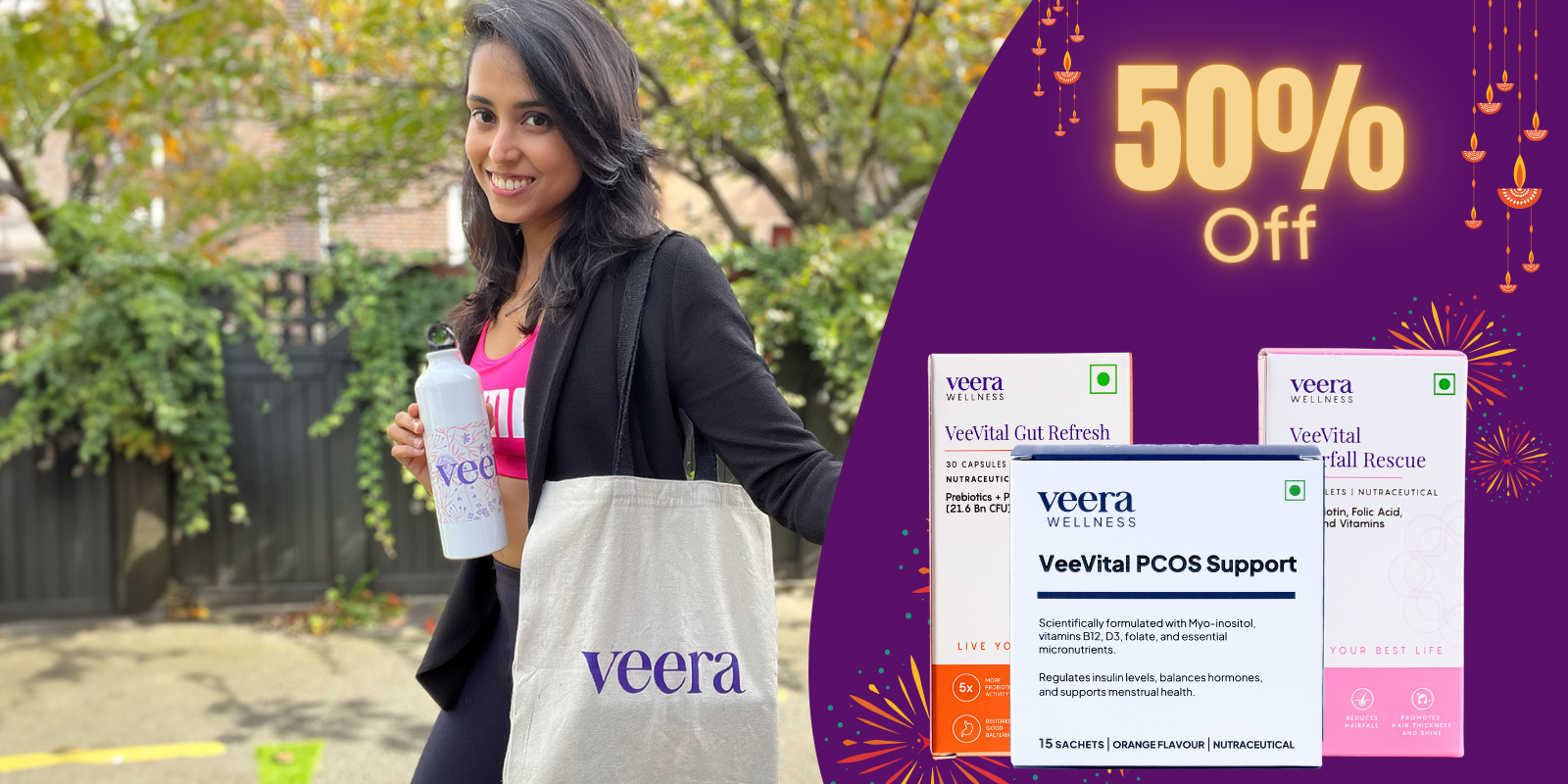Intermittent fasting refers to only consuming food during short periods within each 24-hour day. Many people begin by restricting their eating to a 12-hour window and fasting for the other 12 hours.
This dietary practice can be linked to PCOS symptoms because eating stimulates insulin production, which as explained above can be performed excessively by the body in response to PCOS-related insulin resistance. Reducing the amount of stimulation by fasting switches the body into a fat-burning state where it uses up sugar and energy already stored. In addition, if insulin levels are lowered then the body can better manage androgen production because insulin affects other hormones in the body.
The Truth About Intermittent Fasting and Hormones
Intermittent fasting (IF) is a diet regimen that has brief periods of fasting, with either no food or significant calorie reduction, and periods of unrestricted eating. So IF does not dictate what to eat, rather it focuses on when to eat.
Usually, for PCOS it is recommended to space out your meals throughout the day to maintain your blood glucose level. But with IF, prolonged periods of fasting can cause you to binge eat during the day. So if you are someone who prefers snacking throughout the day or has an eating disorder — IF may not be the right choice for you.
Also, if you are currently taking medications to manage PCOS symptoms, having it on an empty stomach may not be ideal. IF might sound like an easy regime and you may even see some benefits from it, but it is not a healthy solution in the long run.
What Are the Benefits of Periodic Fasting?
When you’re following IF, there are prolonged periods without eating. These in-between fasting periods help lower your insulin levels. The entire idea of IF is to allow the insulin levels to go down far enough and for long enough that you start burning fat as the preferred source of fuel as opposed to glucose (carbohydrates). You lose weight when your insulin levels go down coupled with a calorie deficit intake.
There is some research evidence that shows IF can help women with PCOS improve their symptoms. It helps in:
- Reducing insulin levels
- Weight loss
- Reducing inflammation
IF may not work for everyone as each woman has different experiences. Always speak to your doctor before starting a restrictive diet such as IF. Although diets like these do have some benefits for PCOS — following a balanced, wholesome diet is still the gold standard in reversing PCOS for the long term.
Does Fasting Improve Your Fertility?
There is not a lot of research to support that fasting can improve your fertility. If you are planning on getting pregnant, the best thing to do is to speak to a doctor who can recommend the right steps to improve your fertility.
A healthy lifestyle is the most effective way to increase your chances of a successful pregnancy. There is a lot of research on how nutrition impacts fertility, including the ability to conceive and carry the pregnancy to term.
And eating well is one of the best things you can do when you’re planning to get pregnant. Good nutrition helps you handle the extra demands on your body as your pregnancy progresses. The goal is to get a balance of enough nutrients to support the growth of your baby, maintain a healthy weight and take care of your PCOS symptoms.
And taking prenatal vitamins and supplements is never the answer to make up for deficiencies. They are only a complementary source of vitamins to help fill in the gaps in your diet.
Long Term Options for Treating PCOS
The long-term sustainable solution to managing PCOS is a healthy lifestyle.
Diet: PCOS diet is all about being mindful about what you eat, choosing wholesome, fresh foods instead of processed and limiting sugar. Instead of following a restrictive diet, switch to healthier alternatives and keep a balance of carbohydrates, protein and healthy fat in all your meals. Include more low glycaemic index foods that slowly raise your blood sugar levels instead of spiking them.
Exercise: Incorporating daily physical activity is not only good for weight loss and heart health, but it also helps lower blood glucose levels and boosts your body’s sensitivity to insulin, countering insulin resistance. You can start with performing 30 mins of daily physical activity — choose an activity you enjoy performing such as walking, running, cycling or even dancing.
Stress: Although stress alone cannot cause insulin resistance — high levels of stress hormones such as cortisol and adrenaline make it harder for insulin to work properly. In times of stress, it is important to look after yourself and treat yourself kindly. Being physically active, getting good sleep and taking time to rest and relax can help you cope with stress. For some people, ongoing counselling for stress management and relaxation techniques such as meditation can also help.
Sleep: Sleep plays an important role in maintaining healthy blood sugar levels and overall well-being. Decreased sleep is a risk factor for developing high blood sugar levels, so it is important to get 7 to 8 hours of quality sleep every night. You can start by optimising your sleep schedule, creating a pleasant bedroom environment and following a nightly routine.
Learn More With Veera
At Veera Health, we promote building healthy, sustainable habits instead of relying on fad diets. Speak to the experienced PCOS experts at Veera Health to learn more.




















